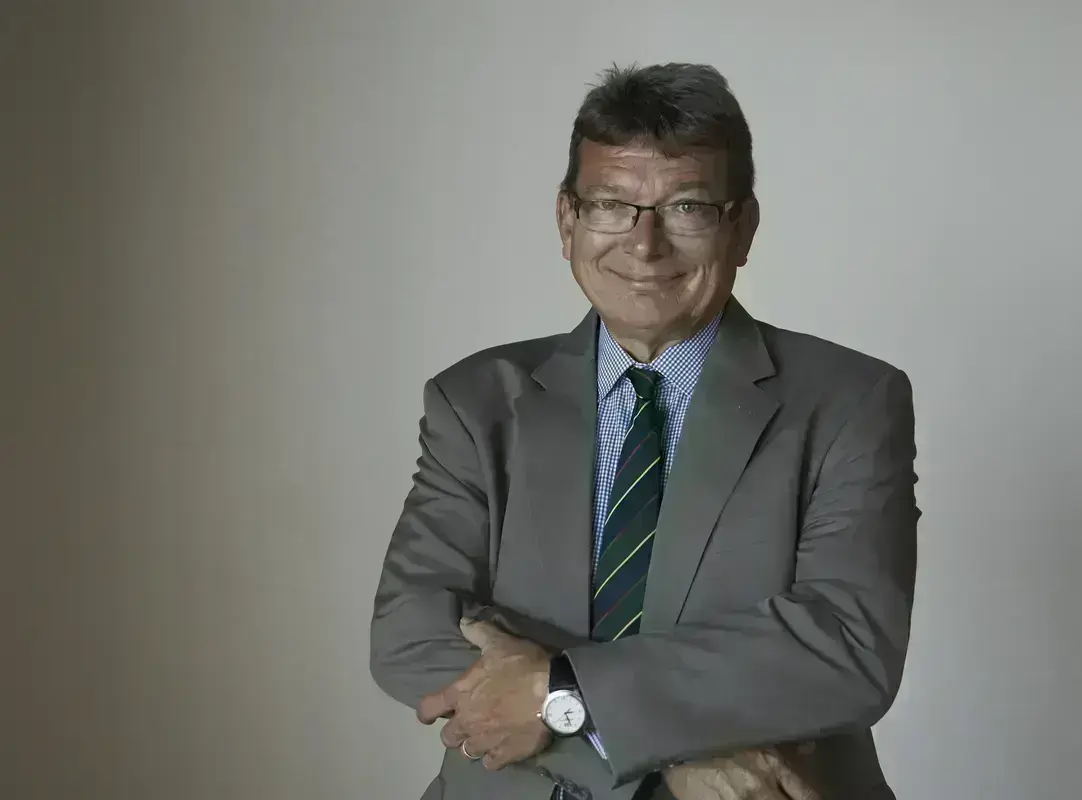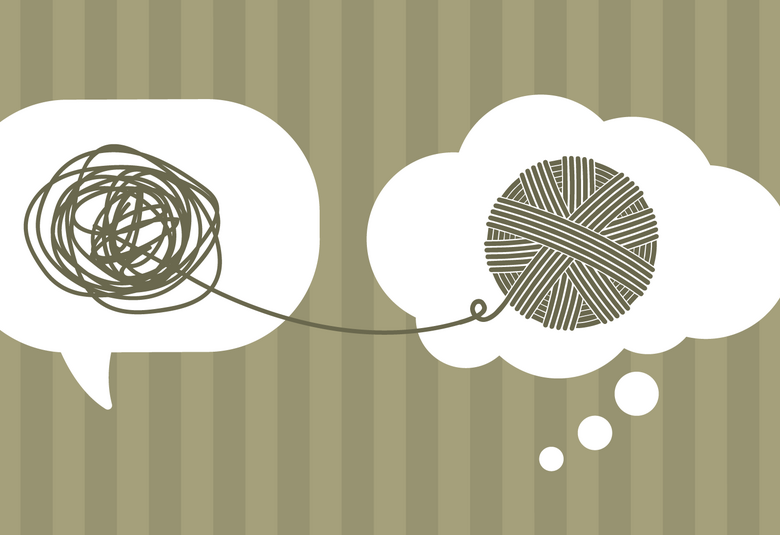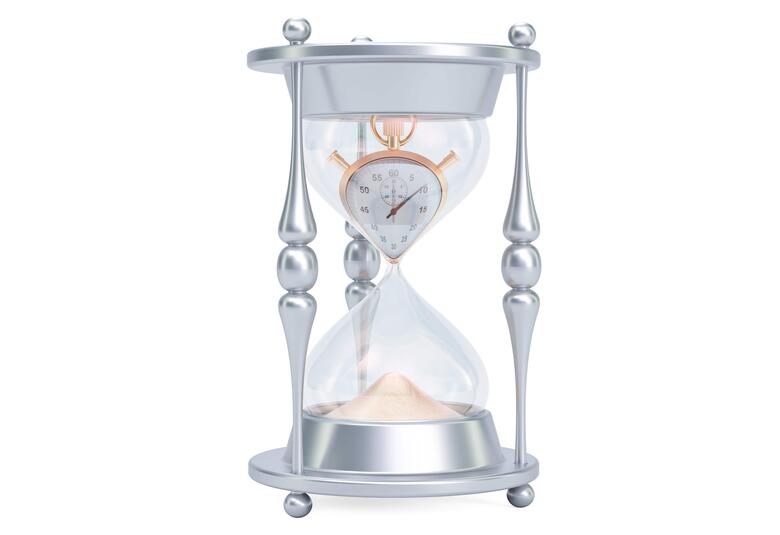An interview with Professor Michael Thase, Director of the Mood and Anxiety Program at the University of Pennsylvania’s Perelman School of Medicine, USA.
Depression is a state of negative expectations that darken views of oneself, the world and the future. It is also a disease of self-blame. And a patient may take incomplete response to an antidepressant as just one more example of failure. So it is important to start with realistic expectations.
We have effective agents which for many patients are life-saving. But antidepressants fail as often as they succeed. That said, in an individual patient, we have alternatives and can work together to find the best solution. It is not magic but logic. We have reasons for choosing a particular drug in a specific patient. Even so, if the chance of success with the first drug is 50%, this falls to perhaps 30-40% when a second agent needs to be tried, and 25% with a third.
As well as a change in the trajectory of the disease, each time a drug fails there is a risk the patient will withdraw from the treatment process. And this is bad news since once a patient has been depressed for twelve months, and the problem is ingrained, the chances of spontaneous recovery fall to around 5% a year.
Depression is depressing
This is not a trite statement. Generally, a patient’s loved ones are supportive, and collaborate effectively in treatment efforts. But they too need to understand that the process may involve trying a series of different drugs. Otherwise they get affected by the negativity and the support system sags.
Depression affects every aspect of life. We talk to patients about their unique pattern of difficulties, about what hurts the most, about how they have recovered in the past.
Even if treatment is effective in reducing symptoms, which is one goal, a patient may still have difficulty in moving on in life, with work, friends and family, and with returning to their “normal self”.
A history of not responding to other drugs plays a part in non-response, as does having more symptoms and symptoms of greater severity. Then there is anxiety, which is particularly vexing. Depressed patients with prominent anxiety features are less likely to respond.
What to do next?
If standard antidepressants have failed, the options include older antidepressants and, if the patient is overwhelmingly ill, hospitalisation and possible ECT. But the most used adjunctive drugs are antipsychotics. Prof Thase indicated, that for fifteen years we have had evidence that a dose lower than is used in psychosis can achieve a relatively rapid response in depression and enhance the effects of other agents.
In cases of clinical urgency, in which patients are suffering, balancing the need for benefit against potential risk is justified. But this is a class of agent whose superficial similarity disguises a world of difference. Each has a unique safety profile.
None of us has an exact way of matching drugs to patients. But, for a depressed patient with insomnia, use of a sedating agent may deliver benefit. For others, sedation is the last thing they want. And it is important to pay attention to cognitive impairment and possible metabolic side effects such as weight gain and dyslipidaemia.
Because of the stigma, occasionally a patient or relative will question the use of an antipsychotic, so it is helpful to mention that these drugs will be used at a lower dose than in psychosis and with the aim of targeting depression that has not responded to other agents.




